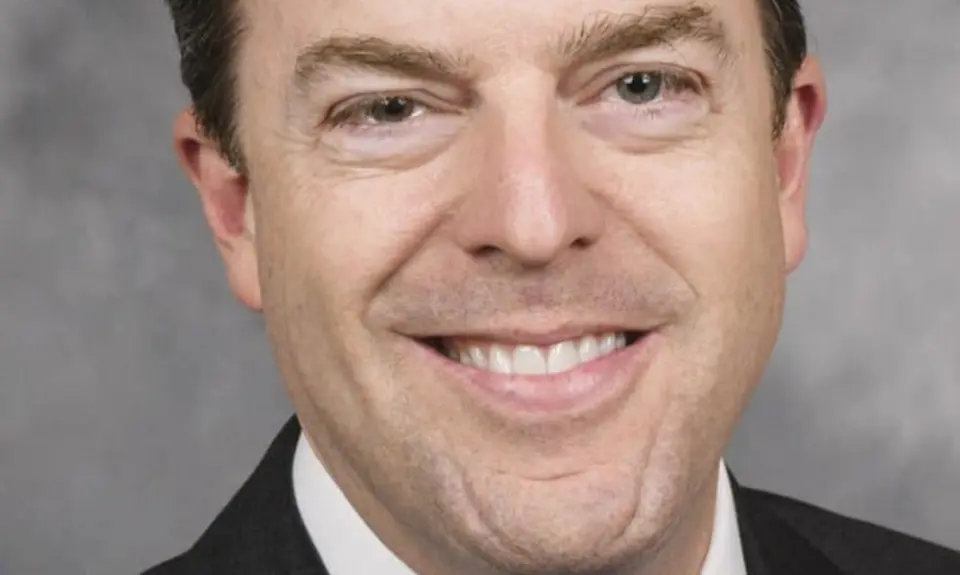Right-wing pundit Hugh Hewitt and Heritage Foundation fellow Matthew Spalding, who oversees Hillsdale College’s Kirby Center for Constitutional Studies and Citizenship, discussed Supreme Court nominee Brett Kavanaugh’s originalist and textualist judicial ideology on Hewitt’s radio show on July 13.
Hewitt and Spalding were excited that the creation of “an originalist majority on the Supreme Court” would free Chief Justice John Roberts’ conservatism to “flower” now that he is no longer constrained by having to negotiate with Anthony Kennedy. “He will now have a working majority,” said Spalding. “His Chief Justiceship, the Roberts court, will now change.” (Reminder: the Roberts court is already the most pro-corporate court in modern history.)
Spalding, the executive editor of the Heritage Guide to the Constitution, said that a solid right-wing majority would open the door to strategic thinking about jurisprudence that moves “in a direction which is going to restore a sense of an original understanding of the Constitution.” Roberts, said Spalding, “can think now on a 30, 40-year plan.”
“That is monumental,” he said, “historically in terms of the, not only jurisprudence, but Congress, the presidency, the states, the status of the Constitution in our lives as a self-governing republic.”
Among the changes Hewitt and Spalding envisioned from a court that included Kavanaugh are a furthering of Trump’s “challenge to the administrative state and bureaucratic rule” and “the restoration of constitutional government.” More specifically, they expect the Court to embrace the right-wing attack on congressional power under the Commerce Clause, and to repeal the Chevron doctrine, by which judges defer on substantive questions to agency experts. Spalding said he expects a clear majority in favor of a definitive repeal of Chevron. “I think it’s likely going to be strong because one place—I think the primary place where Kavanaugh’s the strongest overall…is pulling back what we call the administrative state and the bureaucracy,” he said. “And that’s why the president picked Kavanaugh in the end.”
Hewitt said he’s also looking forward to the court getting “rid of a lot of the wreckage of the First Amendment case law of the last 15, 20, 30 years,” meaning that the court is likely to further embrace the Religious Right’s efforts to weaken the Establishment Clause while stretching the Free Exercise Clause to give business owners an expansive ability to claim exemption from regulation based on their religious beliefs.
Spalding and Hewitt talked about how, in a Supreme Court with a solid right-wing majority, different justices might take a lead in transforming law in different areas: Gorsuch on religion; Thomas on using the spending clause to limit the government; Alito on continuing to turn the First Amendment into a weapon against campaign finance rules, corporate regulation and unions; Roberts on “finally eradicating affirmative action,” reinvigorating “takings” jurisprudence as a means to limit regulation, and doing away with court review of unfair gerrymandering. They expect the court majority to uphold new state restrictions on abortion “with great deference toward the states.” Spalding suggested of the marriage equality decision that the court “open it up” by putting the issue back in the hands of legislative bodies.





